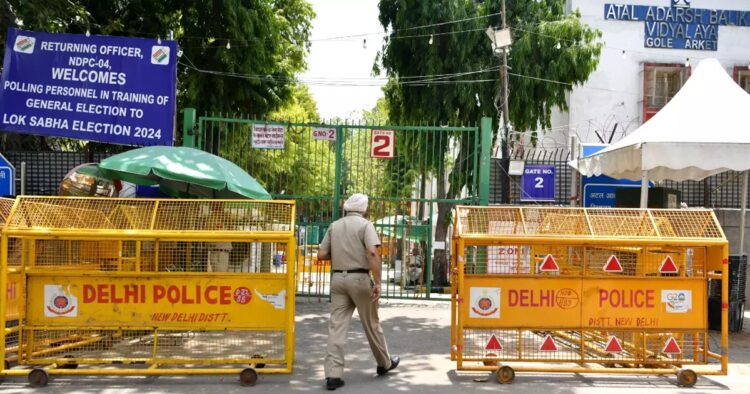On Monday, the first FIR under the new Bhartiya Nagrik Suraksha Sanhita (BNSS) was registered in Delhi, marking a significant shift in India’s criminal justice system.
A street vendor was charged under Section 285 of the new Bharatiya Nyaya Sanhita (BNS) for blocking a footbridge at New Delhi Railway Station while selling tobacco products and water. According to the FIR, the vendor’s cart was causing inconvenience to pedestrians by being positioned near the main road. Despite requests from patrolling police officers to move his cart, the vendor refused to comply.
Starting now, all new FIRs will be filed under the provisions of the BNS. However, any cases registered before July 1 will continue under the old laws, including the Indian Penal Code (IPC), Criminal Procedure Code (CrPC), and Indian Evidence Act, until they are resolved. These old laws, originating from the British era, are now being replaced by the new criminal justice system.
The BNS, which consists of 358 sections, replaces the IPC’s 511 sections. It introduces 21 new crimes, extends the duration of imprisonment for 41 crimes, increases fines for 82 crimes, sets minimum punishments for 25 crimes, and introduces community service as a penalty for six crimes. Additionally, 19 sections from the IPC have been removed.
The BNSS, replacing the CrPC, now includes 531 sections compared to the CrPC’s 484. This update involves changes in 177 sections, the addition of nine sections and 39 sub-sections, and the removal of 14 sections. Similarly, the Indian Evidence Act has been replaced by the Bharatiya Sakshya Adhiniyam (BSA), which has 170 sections compared to the old act’s 166.
This new act includes changes in 24 sections, the addition of two new sub-sections, and the removal of six sections.
Extensive Consultations and Implementation
The new laws were implemented six months after their enactment, following extensive consultations with various stakeholders. These stakeholders included judges, governors, chief ministers, civil servants, police officers, collectorates, and Members of Parliament and legislative assemblies.
Home Minister Amit Shah played a crucial role in this transition, conducting 158 meetings to review the 3,200 suggestions received during the consultation process. This effort resulted in the drafting of a modern set of criminal laws designed to leverage technology and modernize India’s criminal justice system.
The bills were referred to a parliamentary standing committee, and most of its recommendations were accepted by the government before the bills were presented to Parliament for approval.
The registration of the first FIR under the new BNSS marks the beginning of a new era in India’s criminal justice system. With the introduction of these modern laws, the country aims to create a more efficient and just system, reflecting contemporary needs and challenges.

















Comments